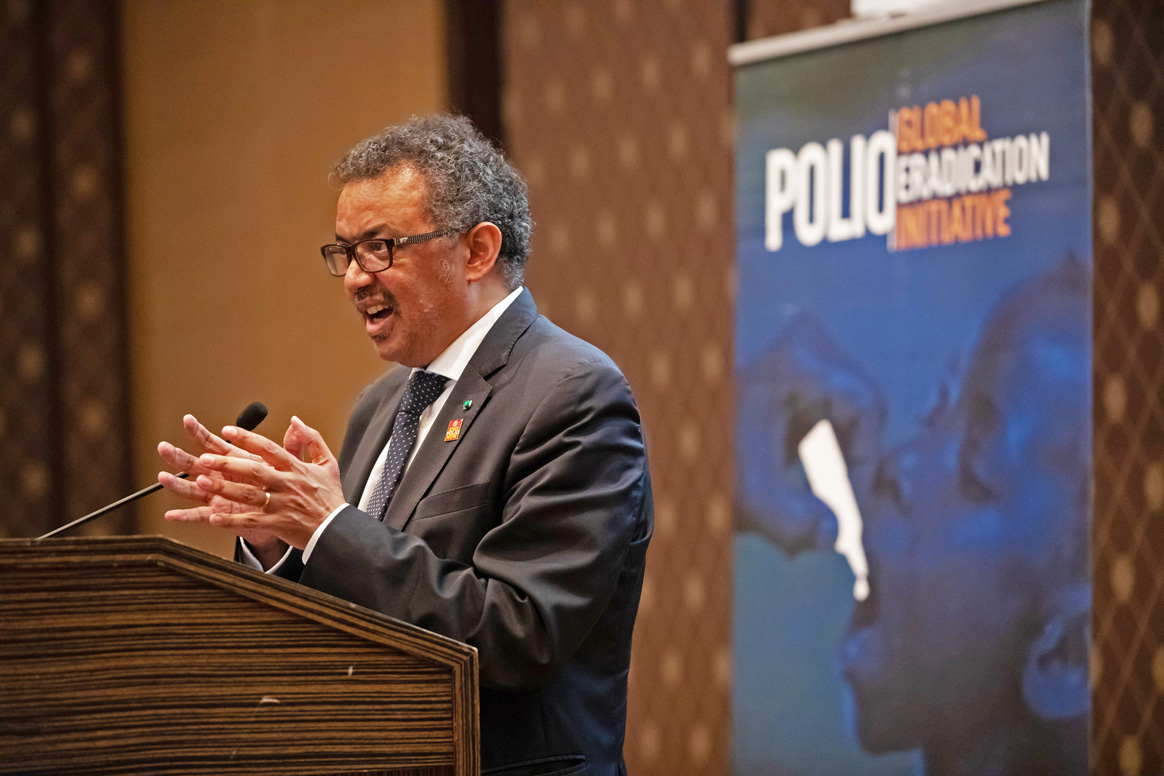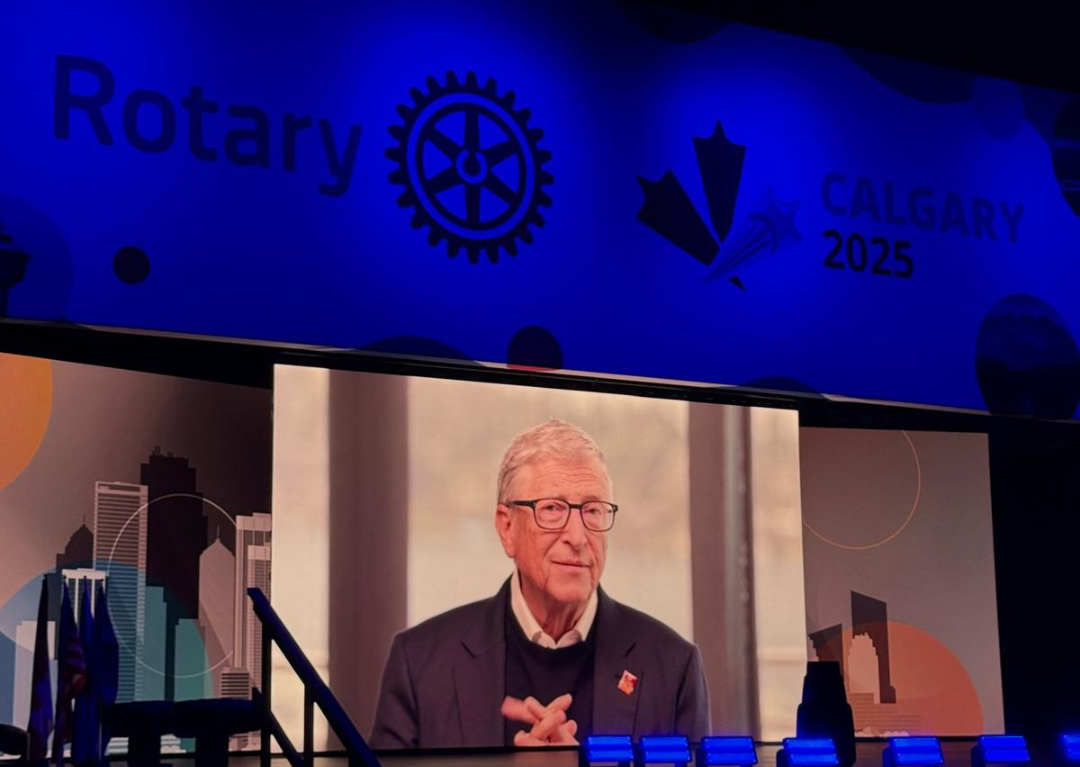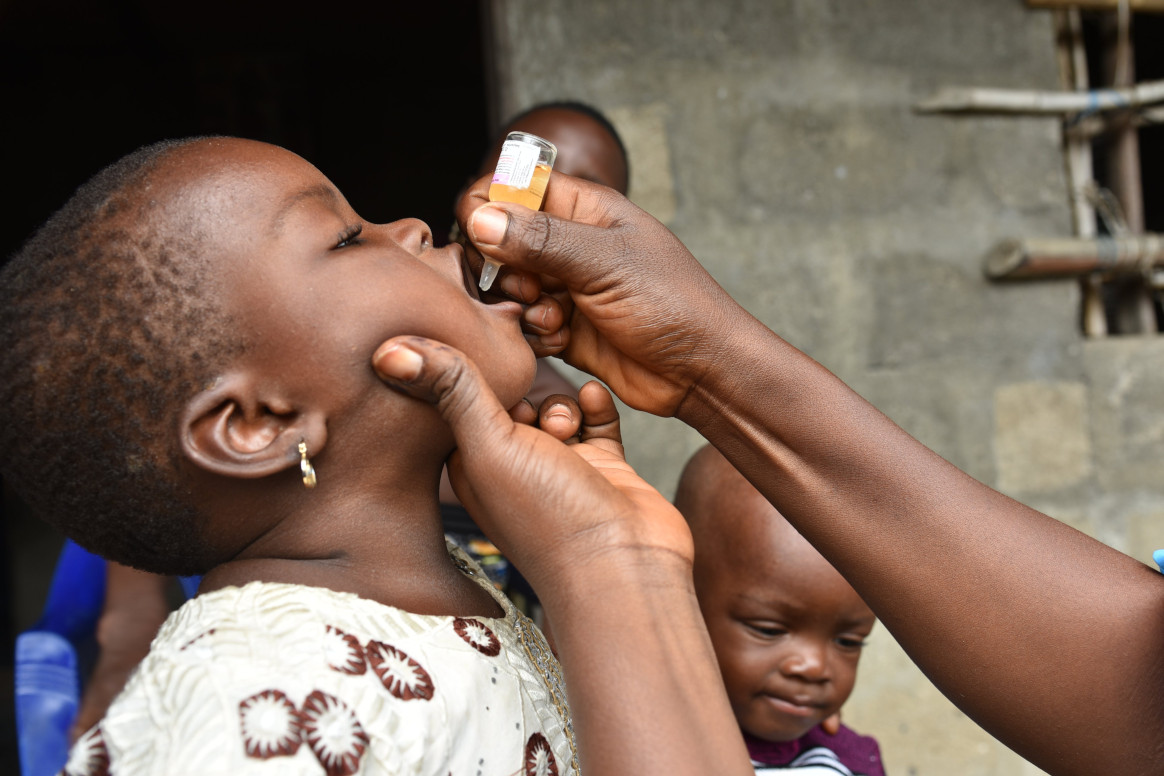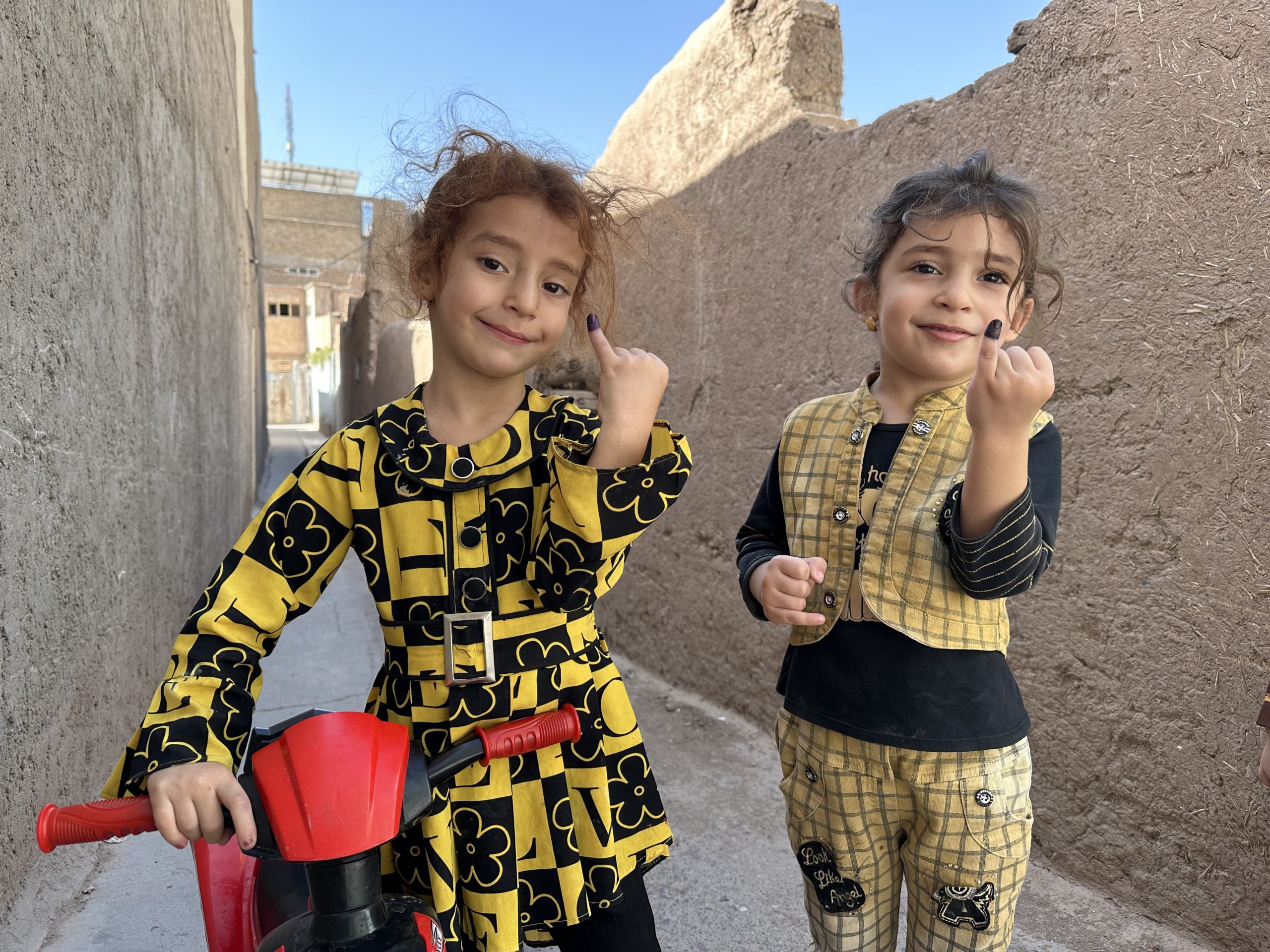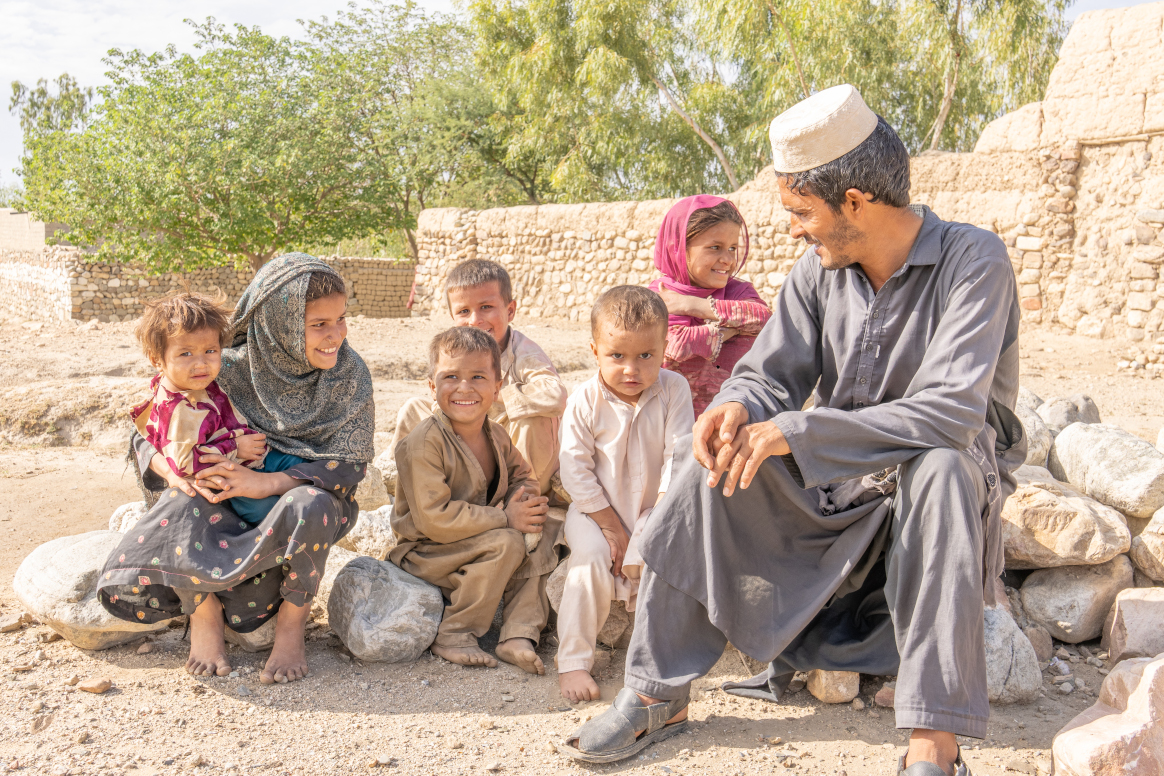
By Kate Pond, UNICEF Afghanistan
“Manzoor is our miracle child!” exclaims the young man, face shining. Two-and-a-half-year-old Manzoor is unmoved by his uncle’s excitement; he is busy eyeing the boiled sweet in the outstretched hand of a village elder on the other side of the room. The boy gets up decisively, and trots across the carpet. He grabs the candy in a pudgy hand and gobbles it down with relish.
Just a few months ago, Manzoor could not walk. His left leg was paralyzed by the polio virus.
In a neighbouring district, Saima, fidgets with her hennaed fingers while her father pours tea. Small for her 11 years, Saima still favours her right side, although the paralysis caused by the virus is easing. As her father tells the story of her recent illness, her grandfather puts his arm around the girl’s shoulders, embracing her warmly.
Polio is still endemic in Afghanistan – one of the last two countries in the world. Since the start of 2023, six children have been diagnosed with the disease, all of them in Nangarhar Province, a rural area in the east of the country. Saima and Manzoor are lucky: six months after the onset of symptoms, it looks like they will make a full recovery. Two of the six were not so lucky; one boy remains very weak in the limbs affected, and one girl died.
The national polio vaccination campaign, led by the National Emergency Operations Centre in coordination with UNICEF and WHO, is in full swing. Last year, 9.4 million children were vaccinated under the campaign, and the target for 2023 is 10 million. The monthly campaigns are boosted by educational campaigns for mothers and other caregivers, run by UNICEF and partners.
Saima and Manzoor received vaccine drops in recent campaigns, and their parents were well aware of the signs and symptoms of polio, how it is caught, and the importance of vaccination as the only preventative measure. In fact, the speed at which their parents acted to get tests and treatment for their children are testament to the commitment and hard work of over 30,000 polio social mobilisers and influencers building public trust in the programme, and the deep-seated desire of the Afghan community to eradicate the virus once and for all.
The combination of vaccination campaigns and regular routine vaccination is the gold standard to eradicate polio forever. Nangarhar ranks above the national average for full childhood vaccinations, with 27 per cent of children fully covered, although it is also slightly higher than average for children in the same age bracket to be unvaccinated (Ref: UNICEF MICS 2022-23). In each of the six new polio cases, the children had missed one vital vaccination – usually the intravenous jab given to babies and toddlers – which left a gap in their immunity, and the virus was able to break through.
Nothing happens in a vacuum. For a vaccine to work effectively, the child receiving it needs to be healthy, adequately nourished, and living in a sanitary environment. The polio virus is contracted from water sources that are contaminated by raw sewage infected with the virus. Wild polio is detected in the samples WHO collects in regions across Afghanistan, including in the east.
Less than half the population of Afghanistan has access to basic sanitation, and a third do not have access to clean drinking water. In rural areas, like Saima and Manzoor’s districts, the streams the children play in are often the same streams that household waste and effluent flow into. Nangarhar residents benefit from higher-than-average access to clean drinking water, but sanitation is considerably lower than average, and 20 per cent practice open defecation. In Manzoor’s district, for example, only 30 per cent of the population benefit from a piped water supply. Without the necessary infrastructure in place to provide these services, children will continue to be exposed to the virus in their living environment and run the risk of contracting the disease.
The polio vaccination campaign is striding forward in Afghanistan, and the virus is fighting to survive. But while the water in which children play is contaminated, the risk of them catching the virus hangs heavily over communities. Winning the battle involves recognizing the interconnectedness of health and nutrition, clean water and sanitation, community education and vaccination, and responding with a comprehensive package of services. As Saima’s father put it: “Mashallah my daughter is lucky. She will make a full recovery. But without better sanitation we will continue to live in fear of the virus.”
